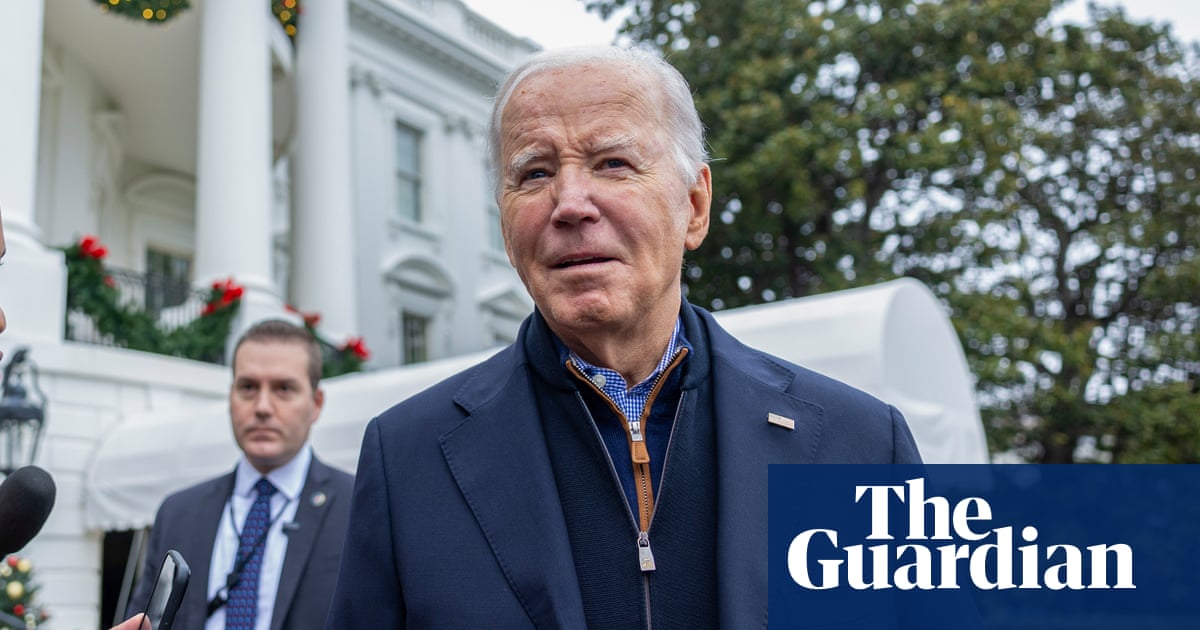
WASHINGTON, July 12 (Reuters) - President Joe Biden said on Monday the United States supports the people of Cuba in their call for freedom and relief from the pandemic and economic woes, but the White House stopped short of a shift away from a Trump-era embargo of the island.
Thousands of Cubans joined street protests from Havana to Santiago on Sunday in the biggest anti-government demonstrations in Communist-run Cuba in decades. They chanted "freedom" and called for President Miguel Diaz-Canel to step down.
Biden referred to the protests as "remarkable" and told reporters at the White House that the Cuban people were "demanding their freedom from an authoritarian regime."
He called on Cuban leaders to allow the protests to proceed without violence.
"The United States stands firmly with the people of Cuba as they assert their universal rights, and we call on the government... to refrain from violence or attempts to silence the voice of the people of Cuba," Biden said.
He declined to answer questions about whether the United States would alter its policy toward Cuba, and White House spokeswoman Jen Psaki gave no indication of an immediate shift.
Biden"s administration has been reviewing its approach to Cuba since he took over from Republican President Donald Trump, who had closed the door to increased tourism to the Caribbean island nation opened up by Democratic President Barack Obama.
"We are assessing how we can be helpful to the people of Cuba," Psaki said.
The protests erupted amid both Cuba"s worst economic crisis since the 1990s and a record surge in coronavirus infections. People denounced shortages of basic goods, curbs on civil liberties, and the authorities" handling of the pandemic.
"The Cuban people are bravely asserting fundamental and universal rights. Those rights, including the right of peaceful protest and the right to freely determine their own future, must be respected," Biden said in a statement earlier on Monday.
"The United States calls on the Cuban regime to hear their people and serve their needs at this vital moment rather than enriching themselves."
Diaz-Canel on Monday blamed U.S. sanctions, which were tightened in recent years, for problems such as medicine shortages and power outages.
Psaki said U.S. policy still allowed significant amounts of aid to get through to Havana.












